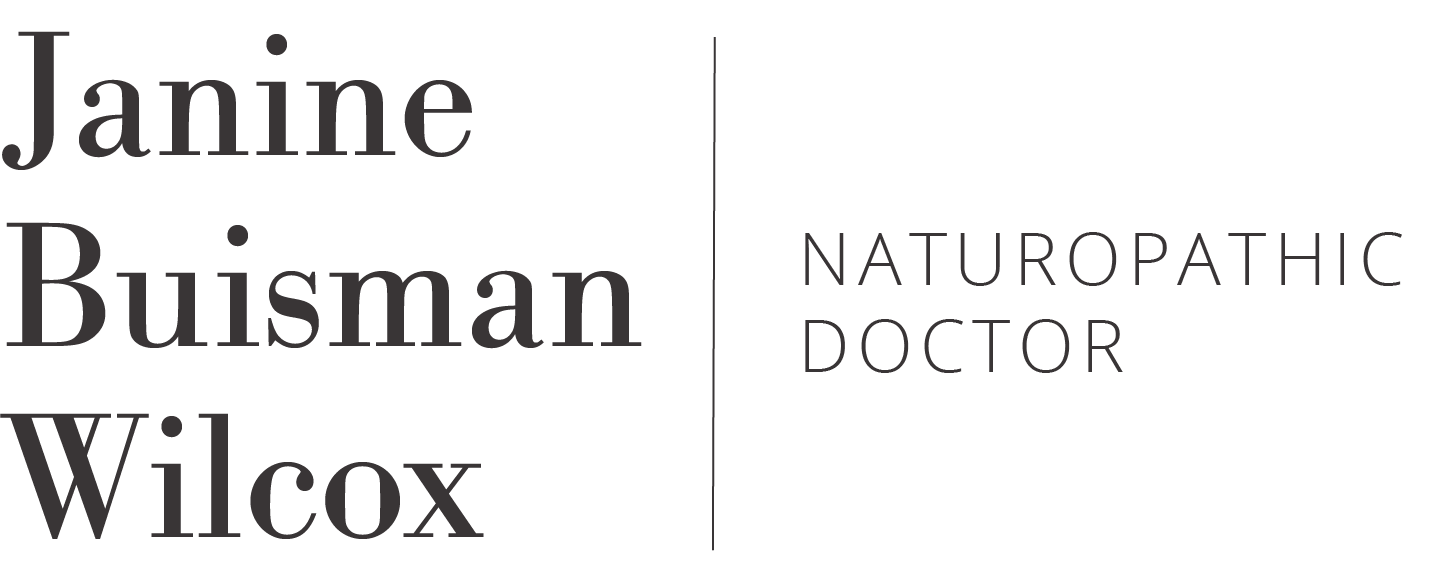Alcohol
As we enter the holiday season, let’s talk about alcohol. In my patient population, I’ve seen alcohol use sky-rocket during this pandemic. A habit used to cope, manage anxiety, manage boredom, dull emotions, socialize online… For many of my patients, the frequent alcohol use has not subsided. It’s hard to break habits.
I think alcohol as a health risk is glossed over. There is a lot of money to be made through the sale and taxation of alcoholic beverages, and alcohol is entrenched in our social culture. But alcohol does have negative health implications, especially when consumed in excess. While alcohol may take the edge off of anxiety in the moment - it actually increases anxiety overall. It makes one feel sleepy, but increases waking during the night and negatively impacts sleep quality; contributes to weight gain; negatively impacts blood sugar; skews the microbiome; impacts hormone production; and significantly worsens PMS.
Heavy drinking (which for women is >7 drinks in a week) is a risk factor for a number of health conditions including osteoporosis, liver disease, reflux, and several types of cancers. Even low alcohol intake appears to increase the risk of breast cancer compared to abstainers. Remember 1 drink is considered to be 12 ounces of beer, 5 ounces of wine, and 1.5 ounces of hard alcohol.
So what do we do about this?
Measure your drinks and count drinks so you have a clear understanding of the extent of your daily and weekly alcohol intake.
Fill your glass with water before every drink and between every drink.
Find yummy non-alcoholic drinks that you enjoy so you feel like you have other options.
Ask yourself about the habits that are leading to frequent drinks and what else you could build into your evening routine to decrease the intake.
Why are you drinking alcohol? To calm your nervous system? For flavour? To decrease inhibitions? Out of habit? These answers can give insight to decrease consumption.
It doesn’t need to be an all-or-nothing approach, but I encourage you to take a look at your relationship with alcohol.

